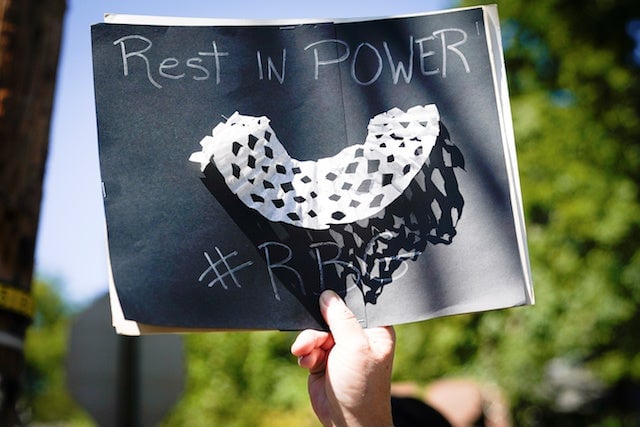The Memo: Remote work on your résumé
To modern workers everywhere,

To modern workers everywhere,
As remote work looms beyond the pandemic, the ability to remain focused, organized, and productive at home is becoming a coveted skill. Career advisors say highlighting it on a résumé can give applicants an advantage.
That isn’t just a matter of being able to power up a computer from the couch. Kelli Jordan, director of careers and skills at IBM, says that “soft skills”—interpersonal attributes and social intelligence—will be “more relevant in this environment. The technical skills you have may become obsolete after three or four years, but these professional skills allow you to become an ongoing learner, to challenge yourself,” she explains.
Ultimately, there’s not a single template for an effective résumé. The cardinal rule is that your CV should be tailored to the position you’re applying for. But in our new field guide on the home office, we provide an example of how to denote your work-from-home credentials. Read more here.—Anne Quito
+ Also in our field guide this week:
- How to design a happy home office
- A peek inside home offices around the world
- The case for napping when you work from home
Five things we learned this week:
Industry downturns age CEOs by an extra 1.5 years. The stress makes them look older and die sooner.
An otter would be a great boss. Trust us, you’d love it.
Uber is officially getting into the office carpooling business. As of this week, it will be rude to ignore the other commuters in an Uber carpool.
A hall of fame for management thinkers has its first African-American inductee. The organizers learned about Charles Clinton Spaulding from an article Quartz at Work published in June.
Hacks to make your home internet faster. If you can get a visual on your router, you’re off to a good start.

It’s a fact
A three-minute phone call from New York to San Francisco in 1915 cost $20.70—or $530 in today’s dollars. Luckily, today’s work-from-home revolution doesn’t even need a long-distance calling plan.
30-second case study
As a lawyer in the 1970s, Ruth Bader Ginsburg had huge ambitions for women’s equality. She realized many of them, winning five of the six cases she argued before the US Supreme Court, thanks to her methodical approach and her masterful understanding of how to handle those who resist change. “I did see myself as a kind of a kindergarten teacher in those days, because the judges didn’t think sex discrimination existed,” she said in the 2018 documentary RBG.
Ginsburg was as practical as she was patient. “She recognized that sometimes the best way to advance women’s rights was by making the case for men, and their right to equal treatment under the law,” Quartz’s Ana Campoy noted in her appreciation of the feminist icon, who died on Sept. 18. One of the five cases Ginsburg successfully argued before the Supreme Court involved a widower who was denied Social Security benefits that were typically collected by widows. By securing a ruling in his favor, she secured a victory for women’s equality, too.
The takeaway: Ginsburg showed us the power of persistence, and the wisdom of bringing others along even when they don’t at first accept your point of view. Today, as many people try urgently to repair all kinds of inequalities in the workplace, it’s worth remembering her example—not as a warning to go slower, but as a reminder to be strategic just as she was, and to keep fighting, as she did, for as long as possible.

Words of wisdom
“We need to remember it’s not the law that tethers us to shareholder-centric ideas and practices; it is the mindset of managers, and the machinery of capitalism, that keep shareholder primacy in place.”—Judy Samuelson, executive director, Aspen Institute’s Business and Society Program
+ Judy’s latest piece in Quartz argues the ghost of Milton Friedman will haunt the markets until companies fix CEO pay. Read it here.
ICYMI
Last week, in the latest installment of our Quartz at Work (from home) workshop series, we explored the psychology of productivity and procrastination, and why hitting a wall is normal. Our presenters also shared practical and actionable advice on how to overcome productivity, efficiency, and distraction obstacles—like children, should you be fortunate enough to be housebound with them during your workday.
Three important takeaways:
- Procrastination isn’t a time problem—it’s a mood problem 🤯
- You need transitions to begin and end the work day when working from home🕯️
- Keep a “done” list. It will help create a virtuous cycle of productivity 🎉
Quartz members can access the full video replay and detailed recap here.
You got The Memo!
Our best wishes for a productive and creative day. Please send any workplace news, comments, long-distance phone charges, and RBG appreciations to [email protected]. Get the most out of Quartz by downloading our app and becoming a member. This week’s edition of The Memo was produced by Heather Landy and Sarah Todd.